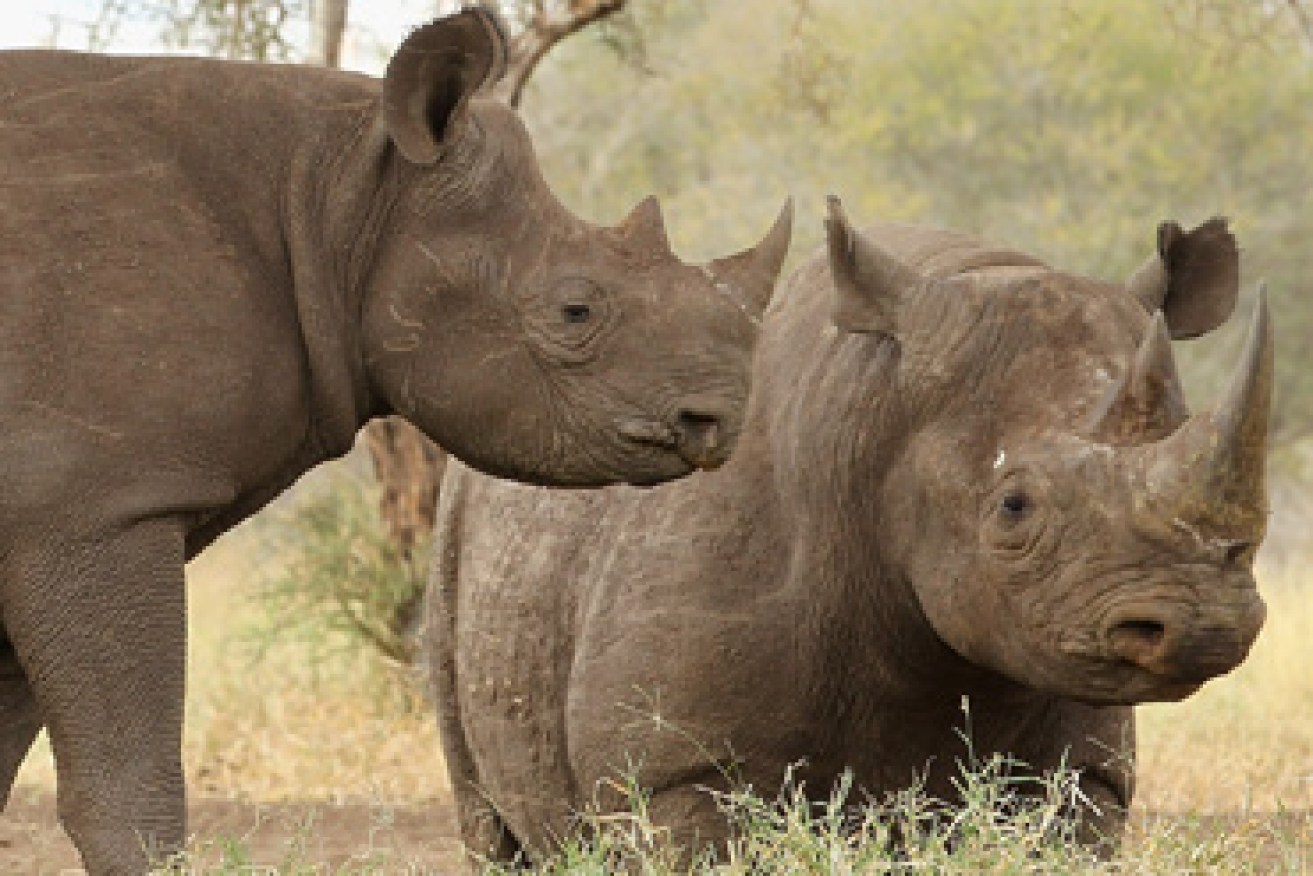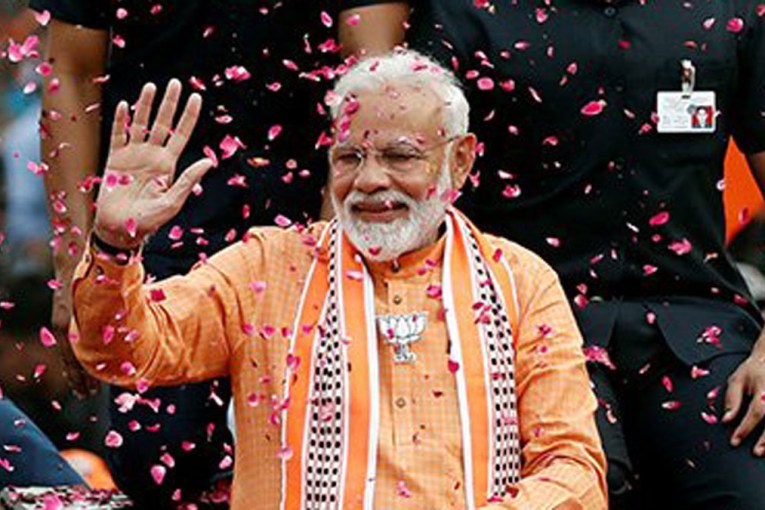Rhino poaching hits record high

Getty
The number of rhinos killed illegally in South Africa has hit a new high with 393 of the animals killed for their horns between January and April.
A record number of 1215 rhinos were killed last year in the country after being poached for their horns, but in just the first four months of 2015 a new record has been made, with an 18 per cent increase on the same period last year.
Of the rhinos killed this year so far, 290 were poached in the Kruger National Park, South African environment minister Edna Molewa said.
• Wild boar strolls into Hong Kong clothing shop
• ‘Bad people’ steal tony joey from mother’s pouch
• Turning the tables: killer seals feast on sharks
The vast park bordering Mozambique is home to the majority of South Africa’s 20,700 rhinos, which are killed for their horns, used in traditional Asian medicine.
Animal conservationists said while there was awareness of the poaching crisis, demand for rhino horn remained high.
“The numbers have been decimated. I don’t think anyone in truth knows the actual numbers that are left,” Australian Rhino Project founder Ray Dearlove said.
“But if you’re killing 1000 to 1500 a year it doesn’t really matter what your starting point is. It’s absolutely decimating the population.”
He said the demand for rhino horn was not going away, despite there being no scientific proof it could cure illnesses.
“The reasons for people buying horn goes back tens of years in Asia, that it can be a cure for any illness ranging from cancer to being an aphrodisiac of sorts,” he said.
“And the most recent one is that the biggest demographic [of] users of the rhino horn in China particularly are young men between the ages of 18 and 27 who believe, honestly believe, that if you ingest rhino horn it either prevents or cures hangovers.
“Now how does one get around that?”
Save African Rhino Foundation of Australia president Nicholas Duncan said each year more animals were being killed.
“Last year was a record 1215, the previous year was 1004, previous of that it was 668, 448 and 333,” he said.
“So it’s been about a 35 per cent increase each year over the last six years.”
Legalising poaching could save rhino from extinction: ecologist
Mr Duncan will soon travel to Zimbabwe for his organisation’s rhino conservation project.
“I’ll be taking a group of 13 people over who are donating to employ some rangers for the next year,” he said.

Rhino horn remains valuable and in demand. Photo: Getty
“To train them and employ them and motivate them and kick them out and feed them and give them medical aid.
“Because our main project in Zimbabwe is, there’s 150 rhinos but there’s only 24 properly trained men and the area is 120km north to south and 30km east to west.
“So it’s a big area, too few men. We’ve lost six rhinos there this year.”
Ray Dearlove said he worried the animals would be hunted in large numbers for as long as rhino horn remained valuable and in demand.
“The average price of rhino horn these days would be around $70,000 or $80,000 per kilo,” he said.
“Now say that a rhino horn, average rhino horn, would weigh around five kilograms, which they do, and you’re looking at a serious amount of money in terms of what that particular rhino horn would be worth.
“And as a result people … are prepared to take risks.”
There have been some calls for a formal legalised rhino horn trade to help prevent the animals being killed.
“The benefits of legalising the trade potentially are that we could save the rhino from extinction in the wild,” Deakin University ecologist Dr Euan Ritchie said.
“I guess the question we have to ask ourselves is: do we want to commodify an animal? Do rhinos have a right to exist in the wild free of poaching?
“And if the only alternative is to save them by having them farmed in captivity, is that ethically and morally correct? Or is there other ways we can conserve them?”
In February the South African government announced it would investigate whether the trade in rhino horn should be legalised and regulated to try to halt the poaching.
– with AFP








